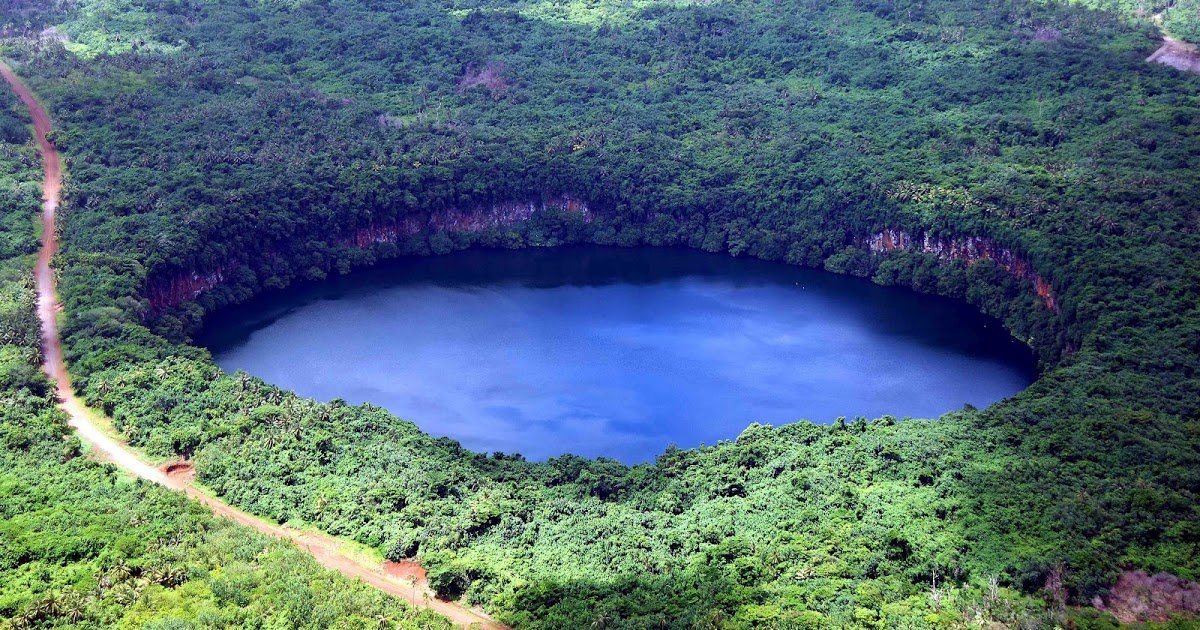The tiny nation that produces more pro-rugby players per capita than any other on earth

Have you heard of Wallis and Futuna?
Nestled roughly equidistant between Fiji and Samoa, the tiny nation has the distinction of being the most prolific producer of professional union players per capita on the planet.
With the main island less than 10 miles long and with a population of just 13,000 people, the nation can boast hundreds of current professional and semi-professional players, most of whom ply their trade in the ranks of French professional rugby.
And they have produced some absolute physical giants, giants that have gone on to represent France.
Current players include Romain and Sebastian Taofifenua (Toulon and Bordeaux), Vincent Pelo (La Rochelle), Raphael and Pierre-Gilles Lakafia (Toulon and Castres) and Christian Tolofua (Saracens).
These players are among over one hundred professional and semi-professional players across Europe who hail from the tiny nation, despite having a population similar to that of Holyhead in Wales.
Genetically, there is no doubt that the island is uniquely gifted.
Wallis and Futuna have hit a small but historic landmark this week; the Pacific Rugby Players Welfare board have added former Racing Metro player and Wallisian Mikaele Tuugahala – the first French Polynesian* on the board.
According to the Pacific Rugby Players Welfare website, he is the: “historical first representative for the 100 plus players of French Polynesian descent who currently play professional or semi-professional rugby in France and Europe.”
“It is a great privilege to joining the PRPW board as a representative voice for our growing Pacific community here in France”.
“The French Polynesian community identifies closely with our Samoan, Tongan and Fijian brothers and sisters and the difficulties of integrating into a new and very different life. It is important we join together to combat the challenges we have in common and improve the conditions for our people here in Europe.”
The French introduced the sport to Wallis and Futuna over a century ago and it has become the sport of choice for the island’s population. Domestically however they suffer from logistics problems, namely that their two sets of islands are 160km apart.
The plight of players who are sent to France to play rugby – often to live and work in undesirable conditions – was showcased in the 2016 film Mercenaire, which is available on Netflix.
*Officially the Territory of the Wallis and Futuna Islands, it is part of the French overseas collectivity, and before 2003 was considered a French overseas territory. It is a distinct entity from French Polynesia.
























